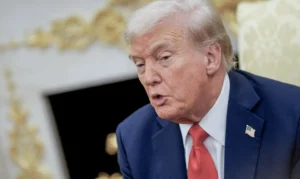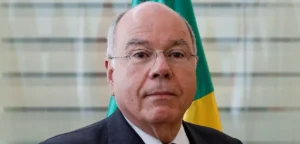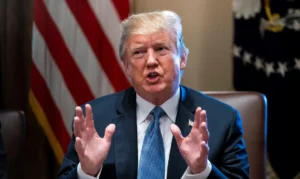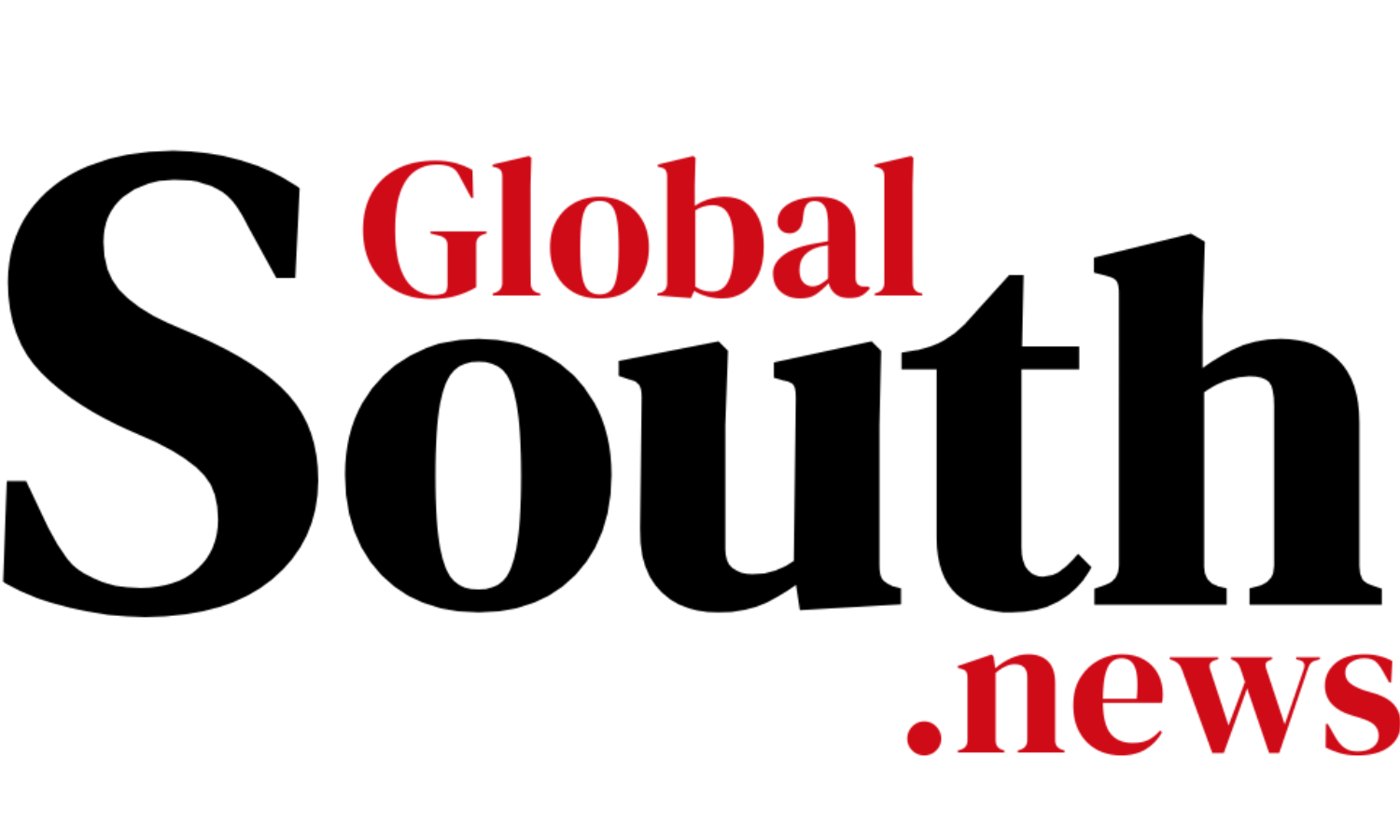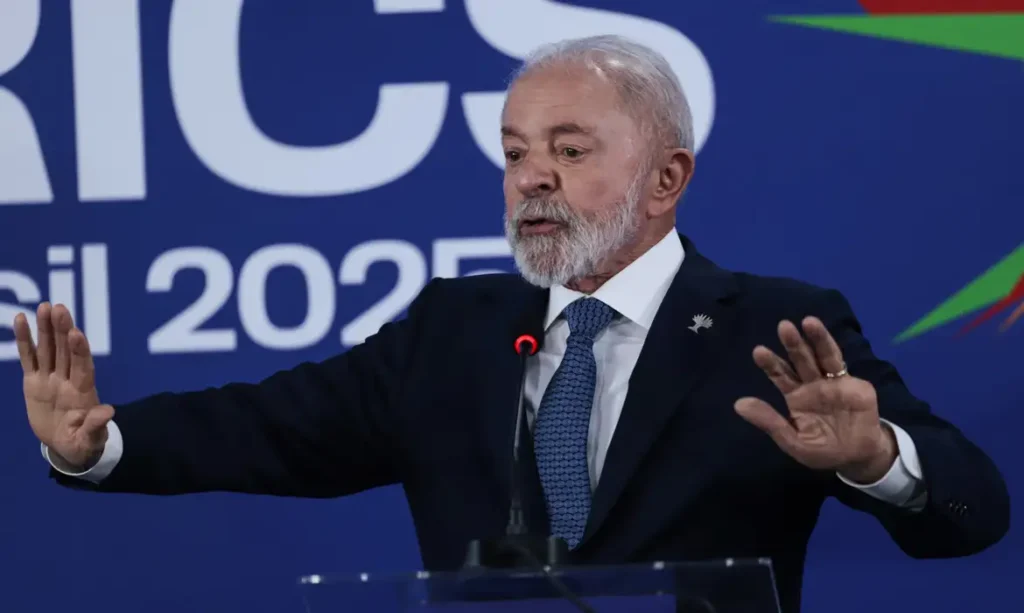
Joédson Alves/Agência Brasil
In a swift and resolute response to U.S. President Donald Trump’s latest announcement of a 50% tariff on Brazilian imports, President Luiz Inácio Lula da Silva declared that Brazil “will not accept any form of tutelage” and vowed to address any unilateral trade measures in accordance with Brazil’s Economic Reciprocity Law. The strong statement, released on social media platform X (formerly Twitter) late Wednesday, signals a deepening diplomatic and trade standoff between the two nations.
Trump’s decision, which would bring the total tariff rate on some Brazilian goods to 70% when combined with previous levies, was reportedly linked to his support for former Brazilian President Jair Bolsonaro, who faces charges related to an alleged coup attempt. Trump’s social media post, which Lula’s office referenced directly, cited a “witch hunt” against Bolsonaro and alleged “unlawful censorship orders” against U.S. social media platforms in Brazil.
Brazil Reaffirms Sovereignty and Judicial Independence
President Lula’s immediate rebuttal underscored Brazil’s unwavering stance on national sovereignty and the independence of its institutions. “Brazil is a sovereign nation with independent institutions and will not accept any form of tutelage,” the statement asserted. It explicitly stated that the judicial proceedings against those responsible for planning the coup d’état fall “exclusively under the jurisdiction of Brazil’s Judicial Branch and, as such, are not subject to any interference or threats.”
This point directly addresses Trump’s criticism of the ongoing legal processes in Brazil, which have seen Bolsonaro and his allies face charges related to attempts to overturn the 2022 election results.
Debunking Trade Deficit Claims and Upholding Digital Governance
Lula also directly challenged Trump’s justification for the tariffs, which cited a U.S. trade deficit with Brazil. The Brazilian president’s statement countered this by presenting U.S. government statistics, revealing a surplus of $410 billion in the trade of goods and services with Brazil over the past 15 years in favor of the United States.5 This factual rebuttal aims to undermine the economic premise of Trump’s tariff decision.
Furthermore, President Lula addressed the issue of digital platforms and freedom of expression, a point Trump has frequently raised in connection with Brazilian legal actions against social media companies “In the context of digital platforms, Brazilian society rejects hateful content, racism, child pornography, scams, fraud, and speeches against human rights and democratic freedom,” the statement read.7 It emphasized that in Brazil, “freedom of expression must not be confused with aggression or violent practices” and reiterated that “all companies—whether domestic or foreign—must comply with Brazilian law in order to operate within our territory.”
Invoking the Economic Reciprocity Law
The most significant implication of Lula’s response lies in the mention of Brazil’s Economic Reciprocity Law. This legislation, enacted in April 2025, grants the Brazilian Executive Branch the authority to impose countermeasures against countries that adopt unilateral trade, investment, or intellectual property restrictions that negatively impact Brazil’s interests. Such measures could include the imposition of reciprocal tariffs, suspension of trade concessions, or other forms of economic retaliation.
“Therefore, any unilateral tariff increases will be addressed in accordance with Brazil’s Economic Reciprocity Law,” the statement concluded, signaling Brazil’s readiness to implement retaliatory tariffs if Trump’s new duties take effect.
The escalating trade tensions come amidst a broader context of Trump’s “reciprocal tariff” policy, which has seen similar threats issued to numerous other countries this week.11 However, the direct linkage to Brazil’s internal political and judicial affairs, coupled with the significant 50% tariff rate, makes this particular dispute highly contentious.
President Lula’s statement concluded by emphasizing the core values guiding Brazil’s foreign policy: “Sovereignty, respect and the unwavering defense of the interests of the Brazilian people are the values that guide our relationship with the world.” The coming weeks will determine whether diplomatic efforts can avert a full-blown trade conflict between the two largest economies in the Americas.


